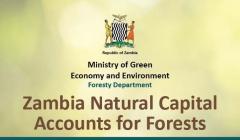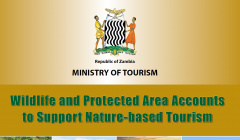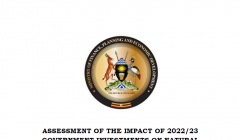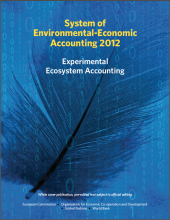Featured resources
Publication

The Natural Capital Accounts (NCA) for Forests covering the period 2016 to 2020
Technical Report

This report highlights the changes in animal populations, their use, and partial accounts for the...
Technical Report

The Rapid Environment Economic Assessment (REEA) model can be used to analyse government investment...
Latest resources
Priority Policy Linkages and Workplan: An update of progress
This is a progress update on WAVES's efforts to establish a range of tools to start redressing Madagascar's lack of analyses for the integration of natural capital economic values in the policy framework.
Waste Account, Australia, Experimental Estimates, 2013
This publication is the first Australian waste account produced using an environmental economic accounting framework.
WAVES Madagascar: Phase 2 Scoping Study and Workplan
This Scoping Study identifies the priority issues for inclusion in the second phase of WAVES-Madagascar, and a review of the capacity building needs of Government and non-Governmental agencies.
The Economics of Ecosystems and Biodiversity for Water and Wetlands
The primary objective of the report is to help identify major gaps and inconsistencies in current knowledge of the economics of water and wetlands.

System of Environmental-Economic Accounting (SEEA) 2012 - Experimental Ecosystem Accounting (white cover publication)
The System of Environmental-Economic Accounting (SEEA) Experimental Ecosystem Accounting is an integrated statistical framework for organising biophysical data, measuring ecosystem services, tracking changes in ecosystem assets and linking this information to economic and other human activity.
Information Paper: Towards the Australian Environmental-Economic Accounts
This publication from the Australian Bureau of Statistics (ABS) examines a number of complex issues facing policy makers in Australia, such as climate change and natural resource management, and illustrates how environmental accounts can be used to further improve the decision-making process.
